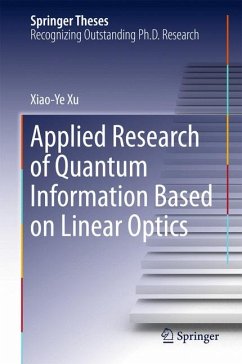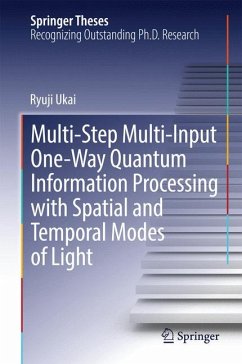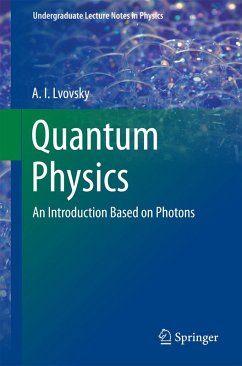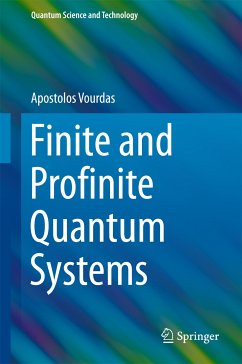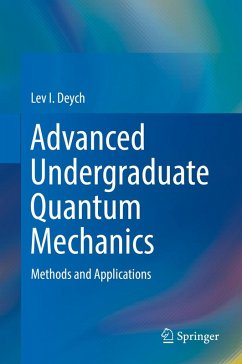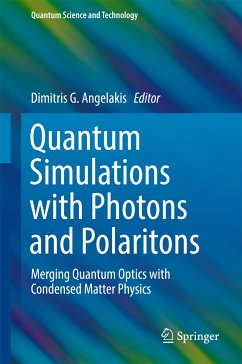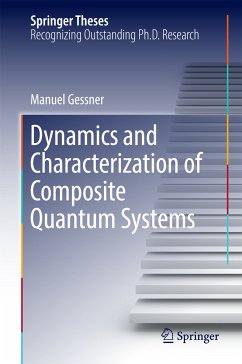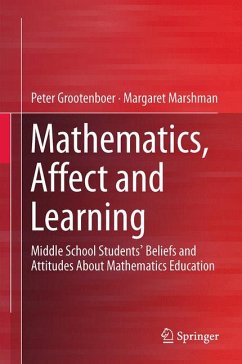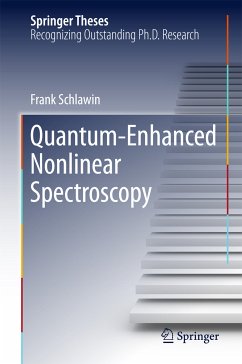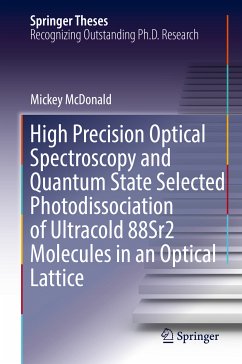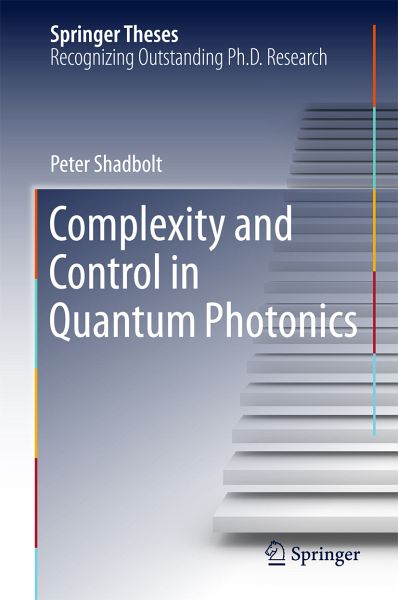
Complexity and Control in Quantum Photonics (eBook, PDF)
Versandkostenfrei!
Sofort per Download lieferbar
72,95 €
inkl. MwSt.
Weitere Ausgaben:

PAYBACK Punkte
36 °P sammeln!
This work explores the scope and flexibility afforded by integrated quantum photonics, both in terms of practical problem-solving, and for the pursuit of fundamental science. The author demonstrates and fully characterizes a two-qubit quantum photonic chip, capable of arbitrary two-qubit state preparation. Making use of the unprecedented degree of reconfigurability afforded by this device, a novel variation on Wheeler's delayed choice experiment is implemented, and a new technique to obtain nonlocal statistics without a shared reference frame is tested. Also presented is a new algorithm for qu...
This work explores the scope and flexibility afforded by integrated quantum photonics, both in terms of practical problem-solving, and for the pursuit of fundamental science. The author demonstrates and fully characterizes a two-qubit quantum photonic chip, capable of arbitrary two-qubit state preparation. Making use of the unprecedented degree of reconfigurability afforded by this device, a novel variation on Wheeler's delayed choice experiment is implemented, and a new technique to obtain nonlocal statistics without a shared reference frame is tested. Also presented is a new algorithm for quantum chemistry, simulating the helium hydride ion. Finally, multiphoton quantum interference in a large Hilbert space is demonstrated, and its implications for computational complexity are examined.
Dieser Download kann aus rechtlichen Gründen nur mit Rechnungsadresse in A, B, BG, CY, CZ, D, DK, EW, E, FIN, F, GR, HR, H, IRL, I, LT, L, LR, M, NL, PL, P, R, S, SLO, SK ausgeliefert werden.



